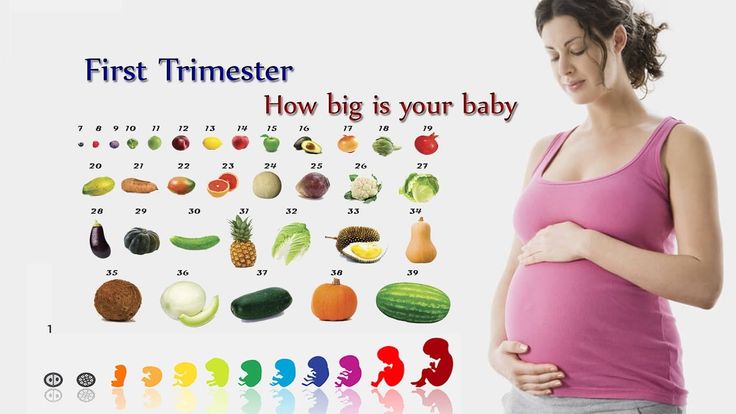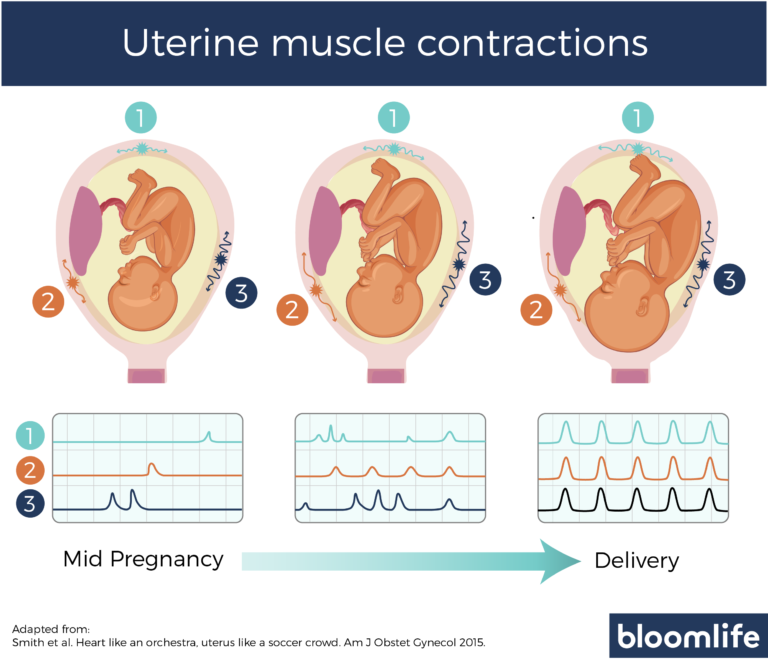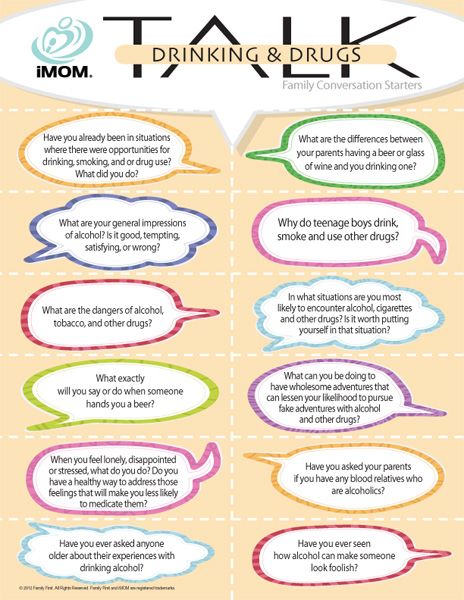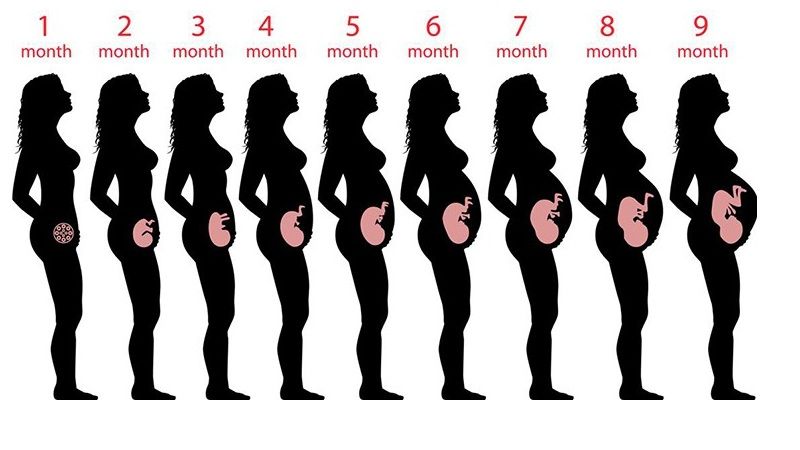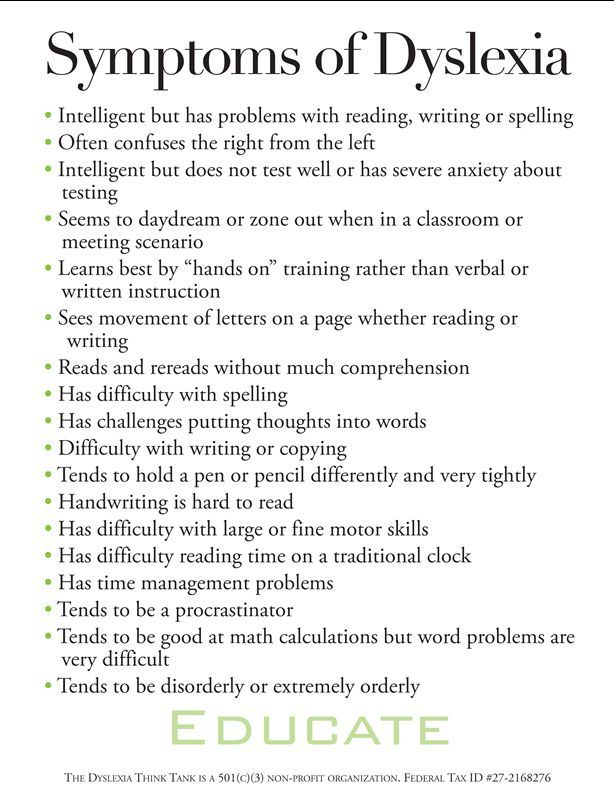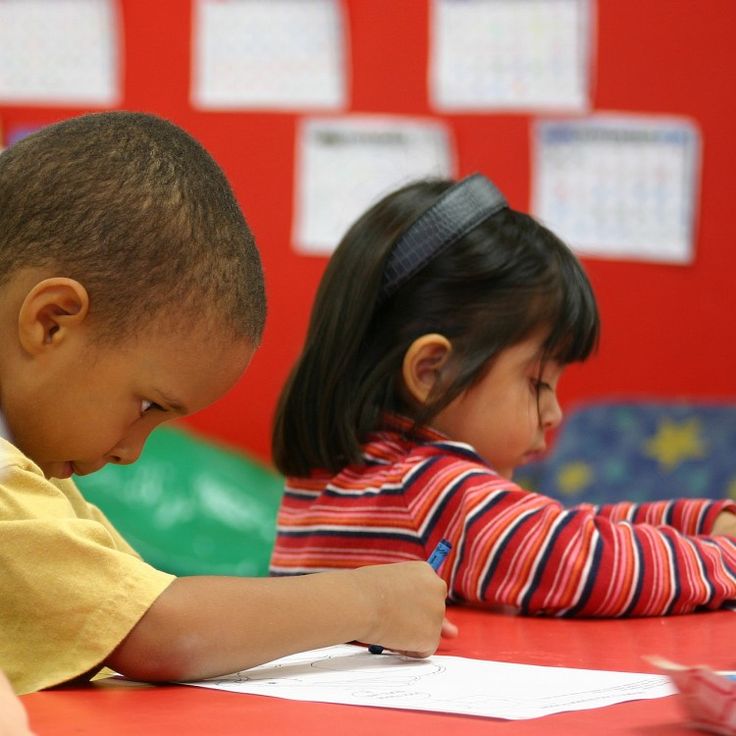How to help a child recover from trauma
Helping Children Cope With Trauma
In the wake of a traumatic event, your comfort, support and reassurance can make children feel safe, help them manage their fears, guide them through their grief, and help them recover in a healthy way. This guide was assembled by psychiatrists, psychologists and mental health experts who specialize in crisis situations. It offers simple tips on what to expect, what to do and what to look out for. If you or your children require assistance from a mental health professional, do not hesitate to ask a doctor or other health care provider for a recommendation.
Tips for Helping Children After the Event
- Make your child feel safe. All children, from toddlers to teens, will benefit from your touch—extra cuddling, hugs or just a reassuring pat on the back. It gives them a feeling of security, which is so important in the aftermath of a frightening or disturbing event. For specific information on what to do and say, see the age-by-age-guide.
- Act calm. Children look to adults for reassurance after traumatic events have occurred. Do not discuss your anxieties with your children, or when they are around, and be aware of the tone of your voice, as children quickly pick up on anxiety.
- Maintain routines as much as possible. Amidst chaos and change, routines reassure children that life will be okay again. Try to have regular mealtimes and bedtimes. If
you are homeless or temporarily relocated, establish new routines. And stick with the same family rules, such as ones about good behavior. - Help children enjoy themselves. Encourage kids to do activities and play with others. The distraction is good for them, and gives them a sense of normalcy.
- Share information about what happened. It’s always best to learn the details of a traumatic event from a safe, trusted adult. Be brief and honest, and allow children to ask questions. Don’t presume kids are worrying about the same things as adults.
- Pick good times to talk.
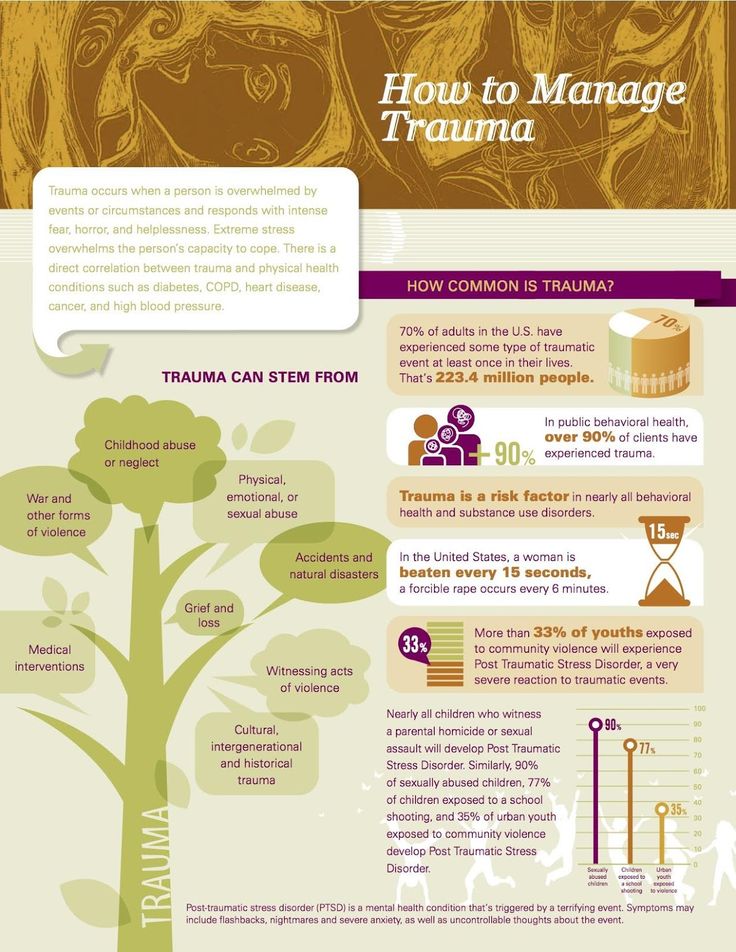 Look for natural openings to have a discussion.
Look for natural openings to have a discussion. - Prevent or limit exposure to news coverage. This is especially critical with toddlers and school-age children, as seeing disturbing events recounted on TV or in the newspaper or listening to them on the radio can make them seem to be ongoing. Children who believe bad events are temporary can more quickly recover from them.
- Understand that children cope in different ways. Some might want to spend extra time with friends and relatives; some might want to spend more time alone. Let your child know it is normal to experience anger, guilt and sadness, and to express things in different ways—for example, a person may feel sad but not cry.
- Listen well. It is important to understand how your child views the situation, and what is confusing or troubling to him or her. Do not lecture—just be understanding. Let kids know it is OK to tell you how they are feeling at any time.
- Help children relax with breathing exercises.
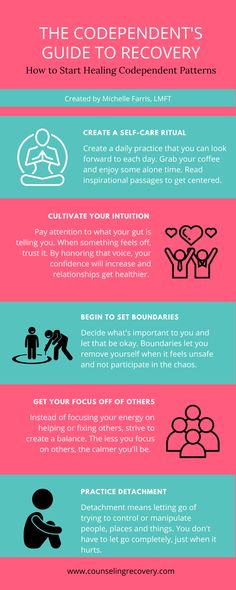 Breathing becomes shallow when anxiety sets in; deep belly breaths can help children calm down. You can hold a feather or a wad of cotton in front of your child’s mouth and ask him to blow at it, exhaling slowly. Or you can say, “Let’s breathe in slowly while I count to three, then breathe out while I count to three.” Place a stuffed animal or pillow on your child’s belly as he lies down and ask him to breathe in and out slowly and watch the stuffed animal or pillow rise and fall.
Breathing becomes shallow when anxiety sets in; deep belly breaths can help children calm down. You can hold a feather or a wad of cotton in front of your child’s mouth and ask him to blow at it, exhaling slowly. Or you can say, “Let’s breathe in slowly while I count to three, then breathe out while I count to three.” Place a stuffed animal or pillow on your child’s belly as he lies down and ask him to breathe in and out slowly and watch the stuffed animal or pillow rise and fall. - Acknowledge what your child is feeling. If a child admits to a concern, do not respond, “Oh, don’t be worried,” because he may feel embarrassed or criticized. Simply confirm what you are hearing: “Yes, I can see that you are worried.”
- Know that it’s okay to answer, “I don’t know.” What children need most is someone whom they trust to listen to their questions, accept their feelings, and be there for them. Don’t worry about knowing exactly the right thing to say — after all, there is no answer that will make everything okay.

Download a PDF version of this guide
Tips for Helping Kids Recover in a Healthy Way
- Realize that questions may persist. Because the aftermath of a disaster may include constantly changing situations, children may have questions on more than on occasion. Let them know you are ready to talk at any time. Children need to digest information on their own timetable and questions might come out of nowhere.
- Encourage family discussions about the death of a loved one. When families can talk and feel sad together, it’s more likely that kids will share their feelings.
- Do not give children too much responsibility. It is very important not to overburden kids with tasks, or give them adult ones, as this can be too stressful for them. Instead, for the near future you should lower expectations for household duties and school demands, although it is good to have them do at least some chores.
- Give special help to kids with special needs.
 These children may require more time, support and guidance than other children. You might need to simplify the language you use, and repeat things very often. You may also need to tailor information to your child’s strength; for instance, a child with language disability may better understand information through the use of visual materials or other means of communication you are used to.
These children may require more time, support and guidance than other children. You might need to simplify the language you use, and repeat things very often. You may also need to tailor information to your child’s strength; for instance, a child with language disability may better understand information through the use of visual materials or other means of communication you are used to. - Watch for signs of trauma. Within the first month after a disaster it is common for kids to seem mostly okay. After that, the numbness wears off and kids might experience more symptoms — especially children who have witnessed injuries or death, lost immediate family members, experienced previous trauma in their lives or who are not resettled in a new home.
- Know when to seek help. Although anxiety and other issues may last for months, seek immediate help from your family doctor or from a mental health professional if they do not abate or your child starts to hear voices, sees things that are not there, becomes paranoid, experiences panic attacks, or has thoughts of wanting to harm himself or other people.

- Take care of yourself. You can best help your child when you help yourself. Talk about concerns with friends and relatives; it might be helpful to form a support group. If you belong to a church or community group, keep participating. Try to eat right, drink enough water, stick to exercise routines, and get enough sleep. Physical health protects against emotional vulnerability. To reduce stress, do deep breathing. If you suffer from severe anxiety that interferes with your ability to function, seek help from a doctor or mental health professional and if you don’t have access to one, talk with a religious leader. Recognize your need for help and get it. Do it for your child’s sake, if for no other reason.
Download a PDF version of this guide
How to Help Children Ages 0-2
Infants sense your emotions, and react accordingly. If you are calm, your baby will feel secure. If you act anxious and overwhelmed, your baby may react with fussing, have trouble being soothed, eat or sleep irregularly or may act withdrawn.
What you can do:
- Try your best to act calm. Even if you are feeling stressed or anxious, talk to your baby in a soothing voice.
- Respond consistently to your baby’s needs. The developmental task of this age is to trust caregivers so kids can develop a strong, healthy attachment.
- Continue nursing if you have been breastfeeding. Although there is a myth that when a mother experiences shock her breast milk turns bad and could cause the baby to be “slow” or have learning disorders, that is not true. It is important to continue nursing your baby to keep her healthy and connected with you. You need to stay healthy to breastfeed, so do your best to eat enough and drink water.
- Look into your baby’s eyes. Smile at her. Touch her. Research shows that eye contact, touch and simply being in a mother’s presence helps keep a baby’s emotions balanced.
Download a PDF version of this guide
How to Help Children Ages 2-5
At this age, although children are making big developmental advances, they still depend on parents to nurture them.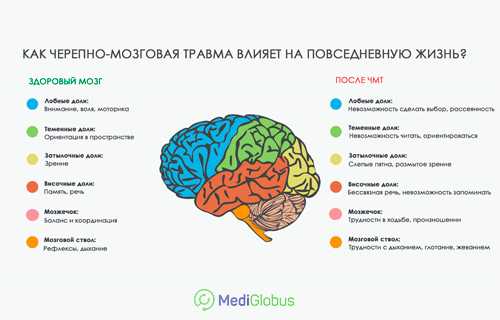 As with babies, they typically respond to situations according to
As with babies, they typically respond to situations according to
how parents react. If you are calm and confident, your child will feel more secure. If you act anxious or overwhelmed, your child may feel unsafe.
Typical reactions of children ages 2 to 5:
- Talking repeatedly about the event or pretending to “play” the event
- Tantrums or irritable outbursts
- Crying and tearfulness
- Increased fearfulness—often of the dark, monsters, or being alone
- Increased sensitivity to sounds like thunder, wind, and other loud noises
- Disturbances in eating, sleeping and toileting
- Believing that the disaster can be undone
- Excessive clinging to caregivers and trouble separating
- Reverting to early behavior like baby talk, bed-wetting and thumb-sucking
What you can do:
- Make your child feel safe. Hold, hug and cuddle your child as much as possible. Tell her you will take care of her when she feels sad or scared.
 With children who are learning to talk, use simple phrases such as “Mommy’s here.”
With children who are learning to talk, use simple phrases such as “Mommy’s here.” - Watch what you say. Little children have big ears and may pick up on your anxiety, misinterpret what they hear, or be frightened unnecessarily by things they do not understand.
- Maintain routines as much as possible. No matter what your living situation, do your best to have regular mealtimes and bedtimes. If you are homeless or have been relocated, create new routines. Try to do the things you have always done with your children, such as singing songs or saying prayers before they go to sleep.
- Give extra support at bedtime. Children who have been through trauma may become anxious at night. When you put your child to bed, spend more time than usual talking or telling stories. It’s okay to make a temporary arrangement for young children to sleep with you, but with the understanding that they will go back to normal sleeping arrangements at a set future date.
- Do not expose kids to the news.
 Young children tend to confuse facts with fears. They may not realize that the images they see on the news aren’t happening again and again. They should also not listen to the radio.
Young children tend to confuse facts with fears. They may not realize that the images they see on the news aren’t happening again and again. They should also not listen to the radio. - Encourage children to share feelings. Try a simple question such as, “How are you feeling today?” Follow any conversations about the recent event with a favorite story or a family activity to help kids feel more safe and calm.
- Enable your child to tell the story of what happened. This will help her make sense of the event and cope with her feelings. Play can often be used to help your child frame the story and tell you about the event in her own words.
- Draw pictures. Young children often do well expressing emotions with drawing. This is another opportunity to provide explanations and reassurance. To start a discussion, you may comment on what a child has drawn.
- If your child acts out it may be a sign she needs extra attention. Help her name how she feels: Scared? Angry? Sad? Let her know it is okay to feel that way, then show her the right way to behave—you can say, “It’s okay to be angry, but it is not okay to hit your sister.
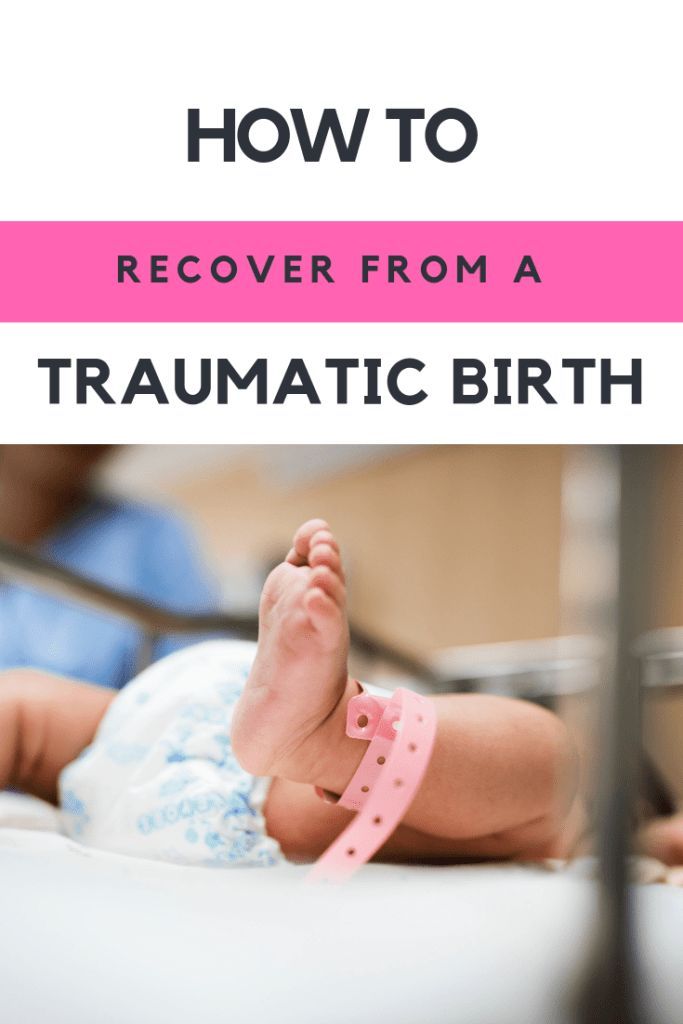 ”
” - Get kids involved in activities. Distraction is a good thing for kids at this age. Play games with them, and arrange for playtime with other kids.
- Talk about things that are going well. Even in the most trying times, it’s important to identify something positive and express hope for the future to help your child recover. You can say something like, “We still have each other. I am here with you, and I will stay with you.” Pointing out the good will help you feel better, too.
How to help kids ages 2 to 5 cope with the death of a loved one:
- Speak to them at their level. Use similar experiences to help children understand, such as the death of a pet or changes in flowers in the garden.
- Provide simple explanations. For example, “When someone dies, we can’t see them anymore but we can still look at them in pictures and remember them.”
- Reassure your children. They might feel what happened is their fault, somehow; let them know it is not.

- Expect repeated questions. That is how young children process information.
Download a PDF version of this guide
How to Help Children Ages 6-11
At this age, children are more able to talk about their thoughts and feelings and can better handle difficulties, but they still look to parents for comfort and guidance. Listening to them demonstrates your commitment. When scary things happen, seeing that parents can still parent may be the most reassuring thing for a frightened child.
Typical reactions of children ages 6 to 11:
- Anxiety
- Increased aggression, anger and irritability (like bullying or fighting with peers)
- Sleep and appetite disturbances
- Blaming themselves for the event
- Moodiness or crying
- Concerns about being taken care of
- Fear of future injury or death of loved ones
- Denying the event even occurred
- Complaints about physical discomfort, such as stomachaches, headaches, and lethargy, which may be due to stress
- Repeatedly asking questions
- Refusing to discuss the event (more typical among kids ages 9 to 11)
- Withdrawal from social interactions
- Academic problems: Trouble with memory and concentration at school, refusing to attend
What you can do to help:
-
- Reassure your child that he is safe.
 Children this age are comforted by facts. Use real words, such as hurricane, earthquake, flood, aftershock. For kids this age, knowledge is empowering and helps relieve anxiety.
Children this age are comforted by facts. Use real words, such as hurricane, earthquake, flood, aftershock. For kids this age, knowledge is empowering and helps relieve anxiety. - Keep things as “normal” as possible. Bedtime and mealtime routines help kids feel safe and secure. If you are homeless or have been relocated, establish different routines and give your child some choice in the matter—for example, let her choose which story to tell at bed- time. This gives a child a sense of control during an uncertain time.
- Limit exposure to TV, newspapers and radio. The more bad news school-age kids are exposed to, the more worried they will be. News footage can magnify the trauma of the event, so when a child does watch a news report or listen to the radio, sit with him so you can talk about it afterward. Avoid letting your child see graphic images.
- Spend time talking with your child. Let him know that it is okay to ask questions and to express concerns or sadness.
 One way to encourage conversation is to use family time (such as mealtime) to talk about what is happening in the family as well as in the community. Also ask what his friends have been saying, so you can make sure to correct any misinformation.
One way to encourage conversation is to use family time (such as mealtime) to talk about what is happening in the family as well as in the community. Also ask what his friends have been saying, so you can make sure to correct any misinformation. - Answer questions briefly but honestly. After a child has brought something up, first ask for his ideas so you can understand exactly what the concern is. Usually children ask a question because they are worried about something specific. Give a reassuring answer. If you do not know an answer to a question, it is okay to say, “I don’t know.” Do not speculate or repeat rumors.
- Draw out children who do not talk. Open a discussion by sharing your own feelings—for example, you could say, “This was a very scary thing, and sometimes I wake up in the night because I am thinking about it. How are you feeling?” Doing this helps your child feel he is not alone in his concerns or fears. However, do not give a lot of detail about your own anxieties.
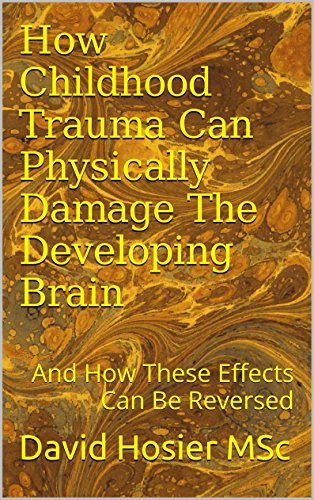
- Keep children busy. Daily activities, such as playing with friends or going to school, may have been disrupted. Help kids think of alternative activities and organize playgroups with other parents.
- Calm worries about friends’ safety. Reassure your children that their friends’ parents are taking care of them just as they are being cared for by you.
- Talk about community recovery. Let children know that things are being done to keep them safe, or restore electricity and water, and that government and community groups are helping, if applicable.
- Encourage kids to lend a hand. This will give them a sense of accomplishment and purpose at a time when they may feel helpless. Younger children can do small tasks for you; older ones can contribute to volunteer projects in the community
- Reassure your child that he is safe.
- Find the hope. Children need to see the future to recover. Kids this age appreciate specifics. For example, in the event of a natural disaster, you could say: “People from all over the country are sending medical supplies, food, and water.
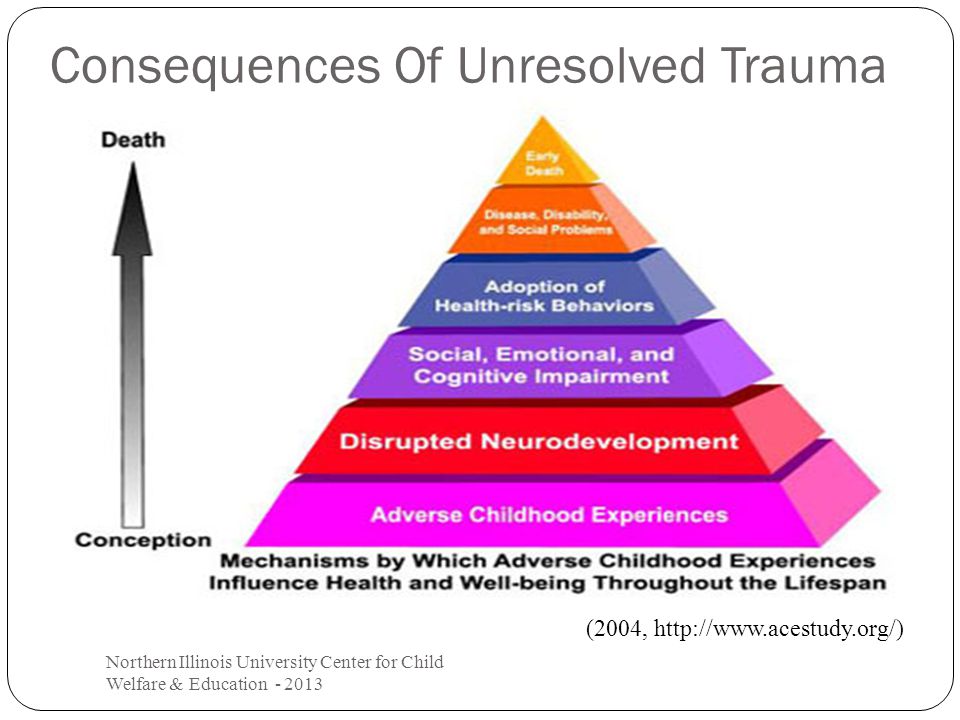 They’ve built new places where people who are hurt will be taken care of, and they will build new homes. It’ll be very hard like this only for just a little while.”
They’ve built new places where people who are hurt will be taken care of, and they will build new homes. It’ll be very hard like this only for just a little while.”
How to help kids ages 6 to 11 cope with the death of a loved one:
- Find out what your child is thinking. Ask questions before you make assumptions about what your child wants to know. For example, you can say, “It made me so upset when grandma died. What about you? It’s hard to think about, isn’t it?”
- Use real words. Avoid euphemisms for death like “He went to a better place.” School-age children are easily confused by vague answers. Instead, you can say, “Grandma has died, she is not coming back, and it is okay to feel sad about that.”
- Be as concrete as possible. Use simple drawings to describe things such as the body and injuries.
- Inform your child. Let her know that anger and sadness are typical, and that if she avoids feelings she may feel worse later on.
- Prepare your child for anticipated changes in routines or household functions.
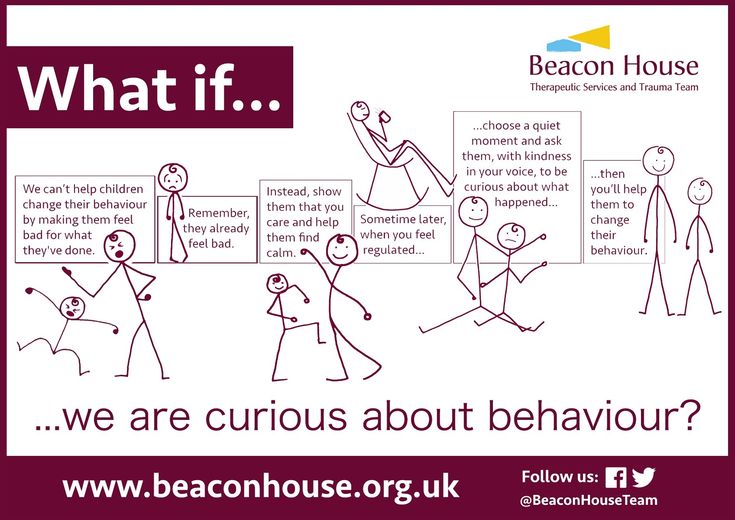 Talk about what the changes will mean for her.
Talk about what the changes will mean for her. - Reassure your child. Help her understand it is okay, and normal, to have trouble with school, peers, and family during this time.
- Encourage meaningful memorializing. Pray together as a family and take your child with you to church to light a candle. Your child might also want to write a letter to the deceased person or draw a picture you can hang up.
- Be patient. Kids up to age 11 may think death is reversible, and can have trouble accepting the fact that the person may not return. You might need to say repeatedly, “He died and is not coming back, and I am sad.”
Download a PDF version of this guide
How to Help Children Ages 12-18
Adolescence is already a challenging time for young people, who have so many changes happening in their bodies. They struggle with wanting more independence from parents, and have a tendency to feel nothing can harm them. Traumatic events can make them feel out of control, even if they act as if they are strong. They will also feel bad for people affected by the disaster, and have a strong desire to know why the event occurred.
They will also feel bad for people affected by the disaster, and have a strong desire to know why the event occurred.
Typical reactions of children ages 12 to 18:
- Avoidance of feelings
- Constant rumination about the disaster
- Distancing themselves from friends and family
- Anger or resentment
- Depression, and perhaps expression of suicidal thoughts
- Panic and anxiety, including worrying about the future
- Mood swings and irritability
- Changes in appetite and/or sleep habits
- Academic issues, such as trouble with memory and concentration, and/or refusing to attend school
- Participation in risky or illegal behavior, like drinking alcohol
What you can do:
- Make your teen feel safe again. Adolescents do not like to show vulnerability; they may try to act as if they are doing fine even though they are not. While they may resist hugs, your touch can help them feel secure. You can say something like, “I know you’re grown now, but I just need to give you a hug.
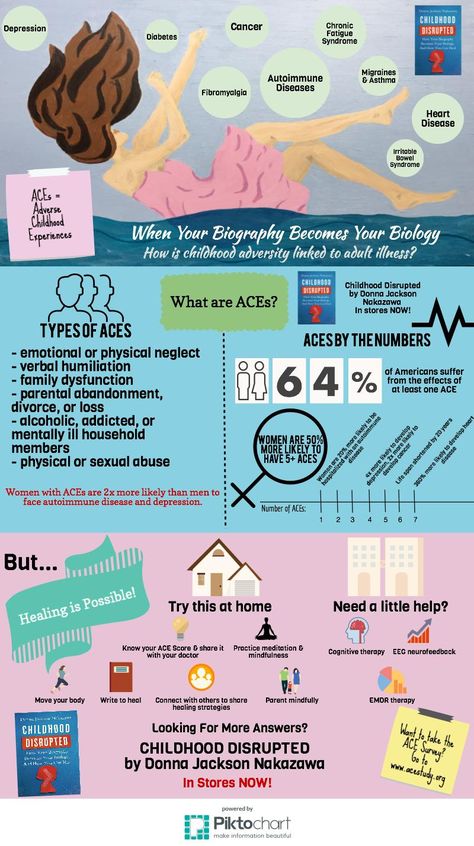 ”
” - Help teens feel helpful. Give them small tasks and responsibilities in the household, then praise them for what they have done and how they have handled themselves.
Do not overburden teens with too many responsibilities, especially adult-like ones, as that will add to their anxiety. - Open the door for discussion. It’s very typical for teens to say they don’t want to talk. Try to start a conversation while you are doing an activity together, so that the conversation does not feel too intense or confrontational.
- Consider peer groups. Some teenagers may feel more comfortable talking in groups with their peers, so consider organizing one. Also encourage conversation with other trusted adults, like a relative or teacher.
- Limit exposure to TV, newspapers and radio. While teens can better handle the news than younger kids, those who are unable to detach themselves from TV or the radio may be trying to deal with anxiety in unhealthy ways. In any case, talk with your teen about the things she has seen or heard.
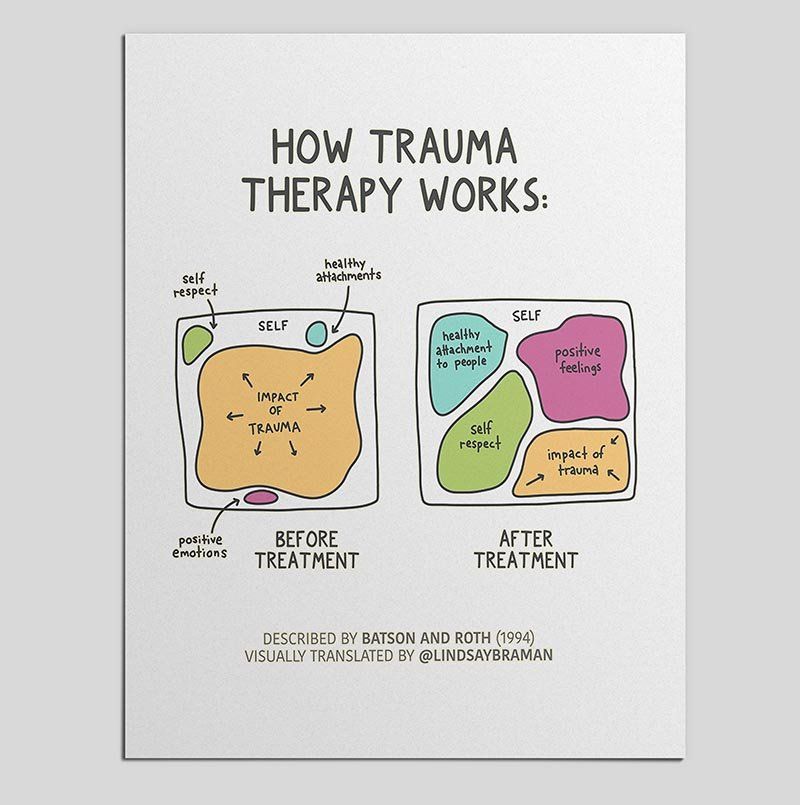
- Help your teen take action. Kids this age will want to help the community. Find appropriate volunteer opportunities.
- Be aware of substance abuse. Teens are particularly at risk for turning to alcohol or drugs to numb their anxiety. If your teen has been behaving secretively or is seemingly drunk or high, get in touch with a doctor. And talk to your teen in a kind way. For example, “People often drink or use drugs after a disaster to calm themselves or forget, but it can also cause more problems. Some other things you can do are take a walk, talk to me or your friends about how you feel, or write about your hopes for a better future.”
How to help kids ages 12 to 18 cope with the death of a loved one:
- Be patient. Teens may have a fear of expressing emotions about death. Encourage them to talk by saying something like, “I know it is horrible that grandma has died. Experts say it’s good to share our feelings. How are you doing?”
- Be very open. Discuss the ways you feel the death may be influencing her behavior.
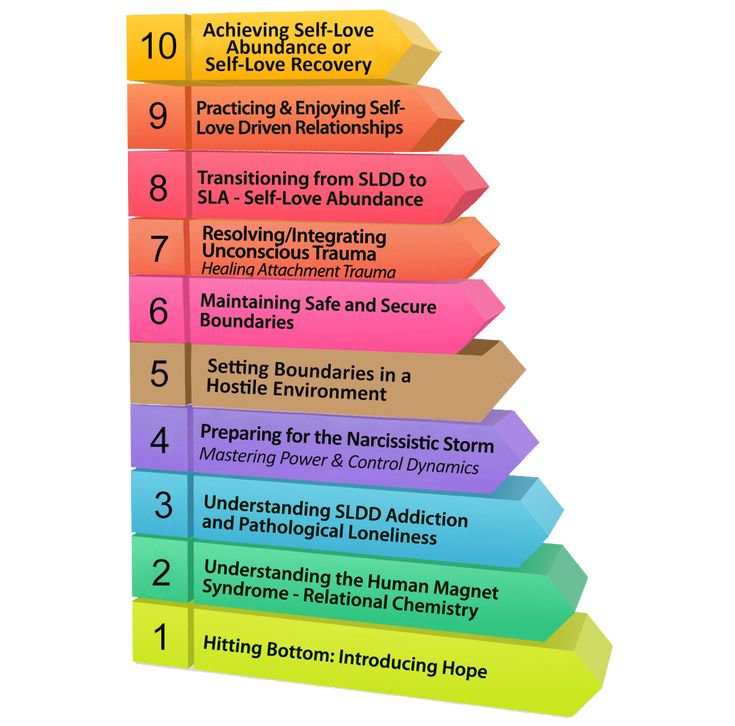
- Be flexible. It is okay, at this time, to have a little more flexibility with rules and academic and behavioral expectations.
- Memorialize meaningfully. Pray together at home, let your teen light a candle at church, and include her in memorial ceremonies. She might also appreciate doing a private family tribute at home.
Download a PDF version of this guide
What Teachers Can Do to Help Students
- Resume routine as much as possible. Children tend to function better when they know what to expect. Returning to a school routine will help students feel that the troubling events have not taken control over every aspect of their daily lives. Maintain expectations of students. It doesn’t need to be 100%, but needing to do some home- work and simple classroom tasks is very helpful.
- Be aware of signs that a child may need extra help. Students who are unable to function due to feelings of intense sadness, fear or anger should be referred to a mental health professional.
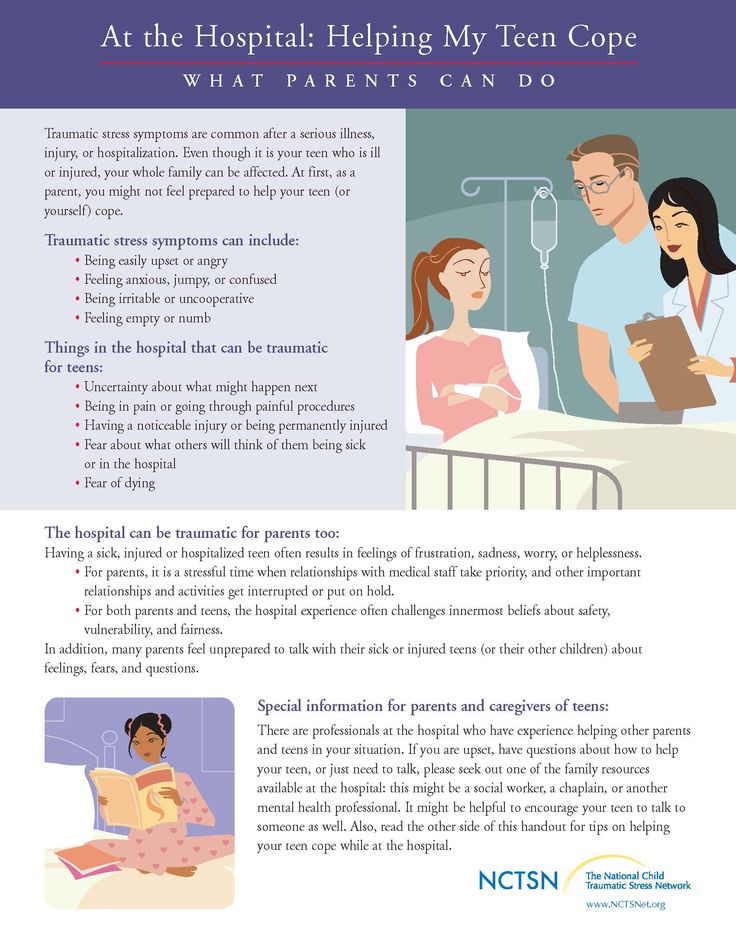 Children may have distress that is manifested as physical ailments, such as head- aches, stomachaches, or extreme fatigue.
Children may have distress that is manifested as physical ailments, such as head- aches, stomachaches, or extreme fatigue. - Help kids understand more about what happened. For example, you can mention the various kinds of help coming in, and provide positive coping ideas.
- Consider a memorial. Memorials are often helpful to commemorate people and things that were lost. School memorials should be kept brief and appropriate to the needs and age range of the general school community. Children under four may not have the attention span to join in. A known caregiver, friend, or relative should be the child’s companion during funeral or memorial activities.
- Reassure children that school officials are making sure they are safe. Children’s fears abate when they know that trusted adults are doing what they can to take care of them.
- Stay in touch with parents. Tell them about the school’s programs and activities so they can be prepared for discussions that may continue at home.
Encourage parents to limit their children’s exposure to news reports.
- Take care of yourself. You may be so busy helping your students that you neglect yourself. Find ways for you and your colleagues to support one another.
Download a PDF version of this guide
Signs of Trauma in Children and Adolescents
- Constantly replaying the event in their minds
- Nightmares
- Beliefs that the world is generally unsafe
- Irritability, anger and moodiness
- Poor concentration
- Appetite or sleep issues
- Behavior problems
- Nervousness about people getting too close
- Jumpiness from loud noises
- Regression to earlier behavior in young children, such as: clinging, bed-wetting or thumb-sucking
- Difficulty sleeping
- Detachment or withdrawal from others
- Use of alcohol or drugs in teens
- Functional impairment: Inability to go to school, learn, play with friends, etc.
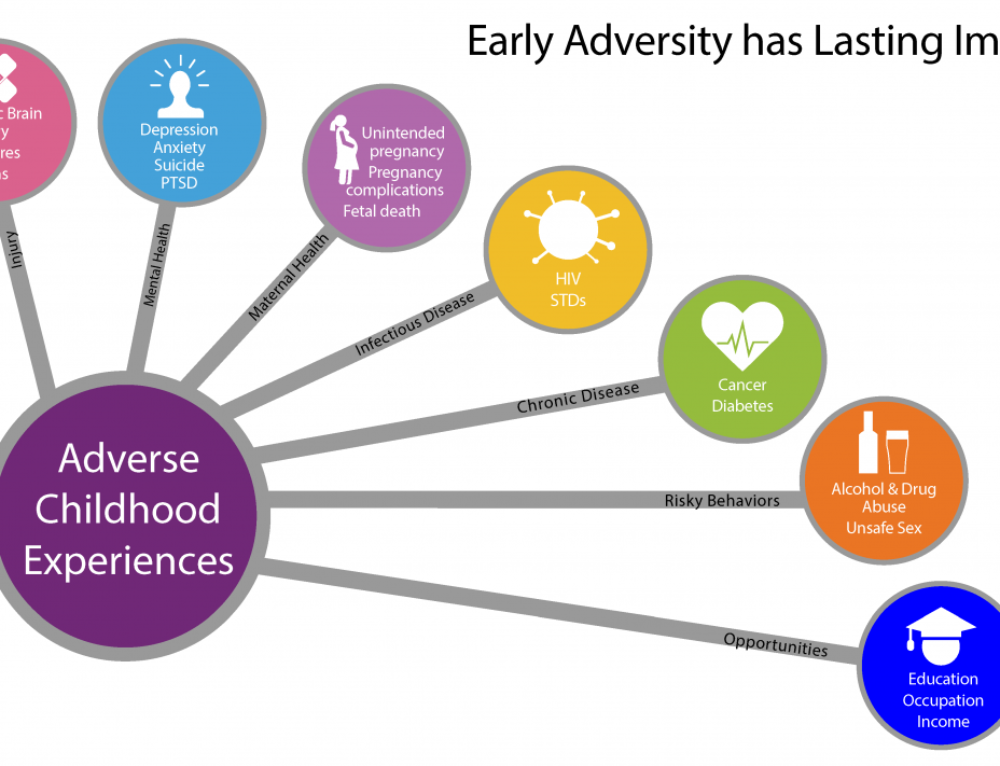
Helping Your Child Heal After Trauma (for Parents)
Parents do everything they can to protect their children. But sadly, many kids have gone through trauma.
A trauma is any event that is deeply upsetting, scary, or harmful. Things like abuse, violence, accidents, or natural disasters can be traumas. Becoming homeless, losing a parent, or a serious illness can be traumas too.
Traumas are serious events that cause kids to fear for their life or safety.
After a trauma, the emotional effects can last a long time. It can be hard to move on. For some kids, trauma can lead to post-traumatic stress disorder (PTSD).
But kids can recover after trauma. There is therapy that can help. Kids also need extra support and comfort from parents.
How Does Trauma Affect Kids?
Trauma affects a child’s sense of safety and trust. After a trauma, kids can still feel tense or scared. Some feel alone, sad, angry, or guilty.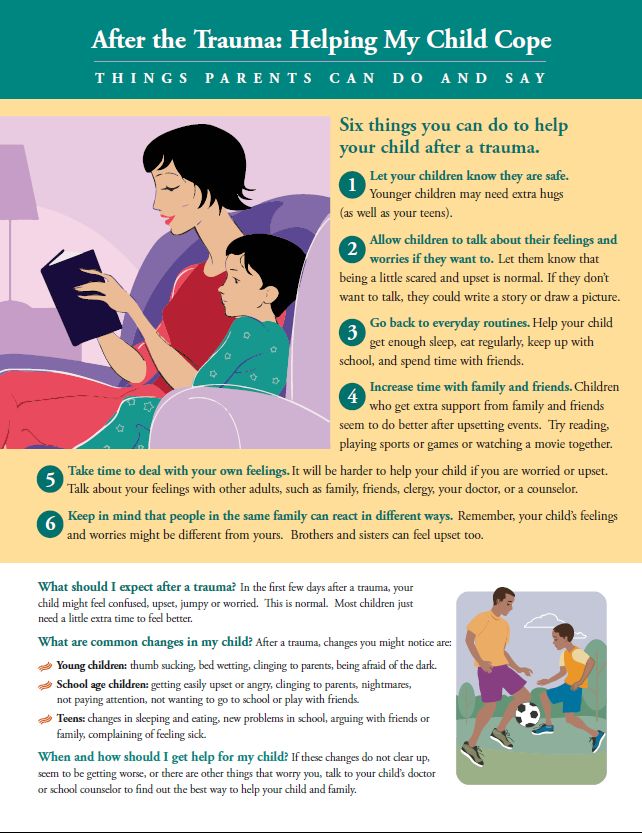 They may think they are to blame for what happened to them. For some kids, there’s a loss of self-esteem or dignity. For some, there’s deep grief.
They may think they are to blame for what happened to them. For some kids, there’s a loss of self-esteem or dignity. For some, there’s deep grief.
Trauma also can affect a child’s mood, behavior, or sleep. Some kids become depressed. They might act grumpy or seem sad. Some get in trouble more often, or do worse in school. Some have new fears, or trouble sleeping. Some have upsetting memories, called flashbacks. Often, kids avoid things that remind them of what they’ve been through.
After a trauma, some kids share how they feel. But other kids keep things to themselves. They may try to hide how they feel, or try to push it out of their minds. They may think others expect them to “get over it.” Some just don’t have words for their feelings. For any of these reasons, a parent might not know what their child is going through.
How Does Therapy Help Kids Heal After a Trauma?
Therapy gives kids a way to safely share their feelings, tell their story, and get support.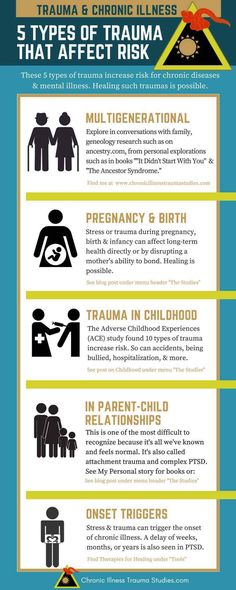 In therapy, kids learn to talk about what they’ve been through. They learn coping and calming skills. They learn to adjust the way they think and feel about the trauma. Slowly, they learn to face things they used to avoid. Therapy helps kids find their own courage and gain confidence.
In therapy, kids learn to talk about what they’ve been through. They learn coping and calming skills. They learn to adjust the way they think and feel about the trauma. Slowly, they learn to face things they used to avoid. Therapy helps kids find their own courage and gain confidence.
Child therapy for trauma is called trauma-focused cognitive-behavioral therapy (or TF-CBT). Therapy includes talk, play, and learning activities that heal trauma.
TF-CBT helps parents too. It’s natural for parents to feel upset about what their child has been through. In therapy, parents get the support they need. They get advice on how to help their child at home.
In TF-CBT, parents can play a big role in their child’s healing. They are coached to listen in ways that help their child open up, talk, and feel close. They help their child practice coping skills at home. They share in the good feelings as their child makes progress.
How Can I Find Therapy for My Child?
Talk to your child’s doctor. Let them know what your child has been through. Your child’s doctor cares about your child’s mental health too.
Let them know what your child has been through. Your child’s doctor cares about your child’s mental health too.
Ask your child’s doctor to refer you to a trained child therapist who can help. You might need to take your child to therapy once a week for a few months. But you’ll see progress along the way.
How Can I Give My Child the Extra Support They Need?
After a trauma, kids need your support and comfort more than ever. Be sure to:
- Spend time with your child. Do things that are soothing, relaxing, or fun. Cook together, take a walk, play, read, make art, or sing. Try to do this every day, even if it’s only for a few minutes.
- Parent with patience and warmth. Use kind words. Give praise when your child is doing well or trying hard. Let your child know you’re proud of them. Be patient when they make a mistake. Show them how to try again.
- Show love. Use hugs, smiles, words, and caring actions to show your love.
 Use soothing words and offer comfort when your child is upset.
Use soothing words and offer comfort when your child is upset. - Have soothing routines. Take a few minutes at bedtime (or any time) to read a story, snuggle together, or sing to your young child. For older kids, make it a routine to give a good night hug, along with a few minutes to talk, listen, or laugh together. Those extra few minutes with you can help your child feel calm, safe, and relaxed.
These may seem like small things — things you already do. But giving extra support and time keeps your child feeling loved and close to you. After a trauma, that closeness matters more than ever.
Reviewed by: Allison T. Dovi, PhD
Date reviewed: March 2021
Restorative medicine doctor illness, and if the baby has already encountered some kind of problem, then recover as soon as possible, prevent complications and new difficulties in the future. Doctors try to use for these purposes not drugs, but other methods: physiotherapy (for example, ultrasound, laser, electric currents, magnetic field, infrared and ultraviolet radiation), physiotherapy exercises (exercise therapy), massage. The healing conditions of the resorts can also help kids: sea or mountain air, therapeutic mud and springs, mineral waters. By the way, modern technology makes it possible to reproduce many natural factors in polyclinics: for example, you can breathe the healing air of salt caves in halochambers, and swim in the hot water of a hydrogen sulfide source in special baths. nine0003
The healing conditions of the resorts can also help kids: sea or mountain air, therapeutic mud and springs, mineral waters. By the way, modern technology makes it possible to reproduce many natural factors in polyclinics: for example, you can breathe the healing air of salt caves in halochambers, and swim in the hot water of a hydrogen sulfide source in special baths. nine0003 Which of the many recovery methods is suitable for the baby - the doctor will decide. To get started, talk to your pediatrician about this: they will refer you to a rehabilitation medicine specialist or a physical therapist.
Injuries
Injuries are one of the most common problems children are brought to rehabilitation medicine. Young children receive them several times more often than adults, because they have a reduced sense of danger. Babies under 1 year old most often have craniocerebral injuries, due to the fact that their head is heavier than their body and when they fall, the blow falls on it.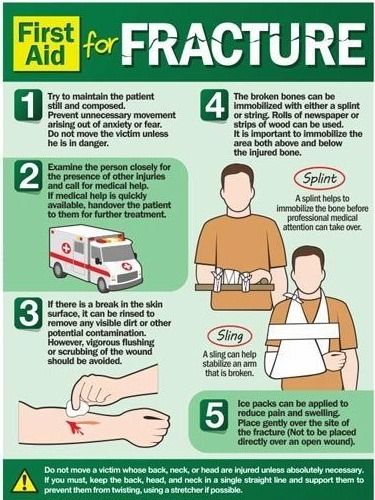 Older children who are actively moving often have broken arms and legs, burns. nine0003
Older children who are actively moving often have broken arms and legs, burns. nine0003
Every child needs recovery procedures after an injury.
In the first days after the accident, it is important to quickly relieve pain, inflammation and swelling, heal wounds, if any. Cryotherapy helps to get rid of pain and swelling - exposure to cold; and magnetotherapy (the action of magnetic fields) and polarized light treatment can be used to reduce inflammation and heal wounds.
When the baby is better, you can start exercise therapy and other treatments. Their task is to return the normal operation of the injured arm or leg, which is important after fractures, sprains and dislocations, especially if the baby was put in plaster. In such cases, massage, manual or hardware, will also be useful. And sometimes doctors prescribe electrotherapy procedures for children (exposure to electric fields that restore the work of injured muscles, joints and nerves), hydrotherapy (baths and baths, especially salt baths, improve blood flow and movement of an injured arm or leg). Another way is heat treatment: warm fangoparaffin (a mixture of peat and paraffin) or ozokerite (a mixture of paraffin, mineral oils and resins) is applied to the sore spot. They deeply warm the tissues, reduce inflammation and swelling. nine0003
Another way is heat treatment: warm fangoparaffin (a mixture of peat and paraffin) or ozokerite (a mixture of paraffin, mineral oils and resins) is applied to the sore spot. They deeply warm the tissues, reduce inflammation and swelling. nine0003
Burns
If the baby has a burn, timely procedures will prevent the appearance of rough scars. For this and the arsenal of restorative medicine, doctors choose mud therapy and hydrogen sulfide baths. Healing mud with biologically active substances and microelements is applied to the skin. The procedure improves the nutrition of tissues and metabolic processes in them, helps to recover damaged muscles and nerves. Hydrogen sulfide baths have a similar effect.
Sometimes after burns it becomes a problem to deliver medicines to the deep layers of damaged tissues. In this case, ultrasound comes to the rescue: a procedure called phonophoresis delivers painkillers and other medicines deep into the sore spot. nine0003
- Photo
- Gargonia/Getty Images/iStockphoto
How are you?
Any injury, especially a traumatic brain injury, affects the psyche and mood of the child: he becomes capricious, tearful, eats poorly, refuses to communicate with doctors. In this case, in addition to your patience and affection, the baby will probably need sedatives, herbal medicine procedures with motherwort, valerian, mint, and older children will also need classes with a psychologist.
In this case, in addition to your patience and affection, the baby will probably need sedatives, herbal medicine procedures with motherwort, valerian, mint, and older children will also need classes with a psychologist.
Rehabilitation programs often include aromatherapy and oxygen cocktails. The first method uses plant essential oils: they purify the air of bacteria, give it freshness and aroma, and this improves mood. As for oxygen cocktails, all children are happy to take this delicious and fragrant foam from oxygen and infusion of medicinal herbs, berries, juices. Such an unusual delicacy saturates the body with oxygen, increases appetite, gives the baby a sound sleep, and normalizes the nervous system. nine0003
Oh, those colds!
Small children suffer from colds more often than adults, and this is due to the fact that their immunity has not yet begun to work in full force. The nasopharynx of babies is especially vulnerable to microbes, and as a result, they often develop tonsillitis, bronchitis, pneumonia, and otitis media. Sometimes a “sluggish” illness drags on, and the baby coughs or sniffs for a long time, looks weak, and eats poorly. And it also happens that colds now and then repeat again.
Sometimes a “sluggish” illness drags on, and the baby coughs or sniffs for a long time, looks weak, and eats poorly. And it also happens that colds now and then repeat again.
What will help a baby with a cold? nine0017
At the very beginning of a cold, the body's defenses can be strengthened with the help of polarized light. This will not allow the baby to get sick and will quickly relieve him of the infection.
When the illness is prolonged, a few treatments with ultraviolet irradiation of the throat and nose will help to cope with the accumulated bacteria and viruses. Magnetic therapy will reduce nasal congestion and allergic manifestations of the disease; currents and electric fields will eliminate the focus of inflammation in the bronchi and lungs.
After recovery, babies who have had pneumonia or bronchitis are advised by doctors to take a course of physical therapy and massage - they will improve breathing and get rid of sputum. nine0003
Where to look for specialists?
In children's clinics and hospitals where rehabilitation departments exist (these may also be called physiotherapy or rehabilitation departments).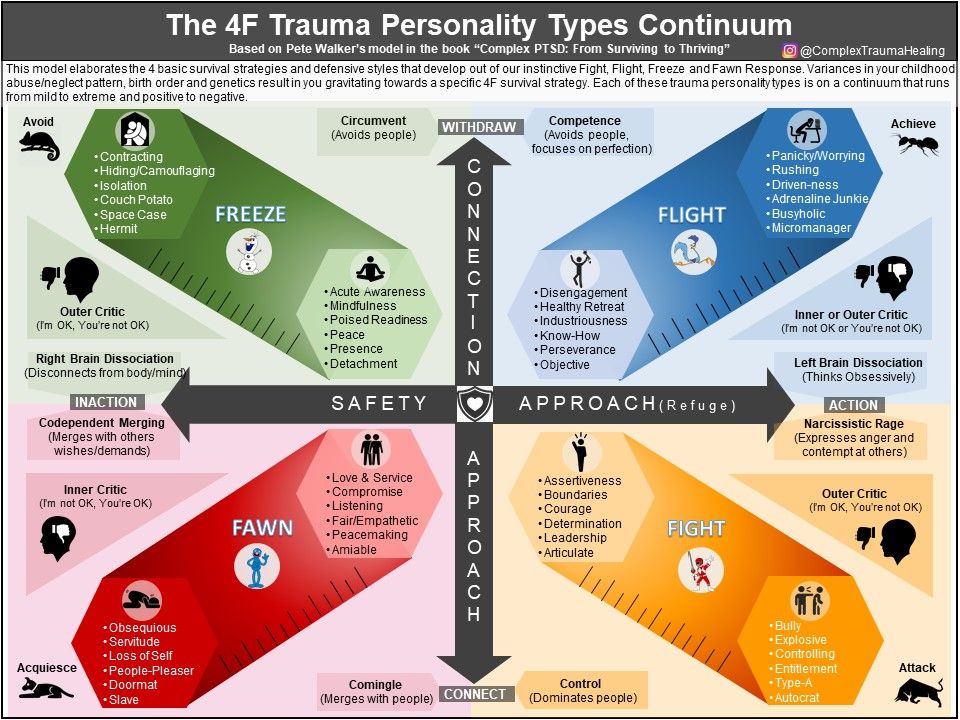 There are also specialized rehabilitation hospitals and rehabilitation centers. In Moscow, the largest such structure is the Center for Restorative Treatment of Children and Family Rehabilitation of the Scientific Center for Children's Health of the Russian Academy of Medical Sciences.
There are also specialized rehabilitation hospitals and rehabilitation centers. In Moscow, the largest such structure is the Center for Restorative Treatment of Children and Family Rehabilitation of the Scientific Center for Children's Health of the Russian Academy of Medical Sciences.
Get well soon!
Rehabilitation procedures after a cold are useful both at the very beginning of the illness (to prevent its development), and if it is prolonged (to prevent complications). And when the child gets better, special procedures will help to quickly restore the normal functioning of the respiratory system and avoid exacerbations. For this, inhalations with drugs and herbs, light, electro and magnetotherapy are often used. nine0003
- Photo
- Sasiistock/Getty Images/iStockphoto
After surgery
Most babies need surgery for ear, nose and throat problems or injuries, although problems can occur anywhere.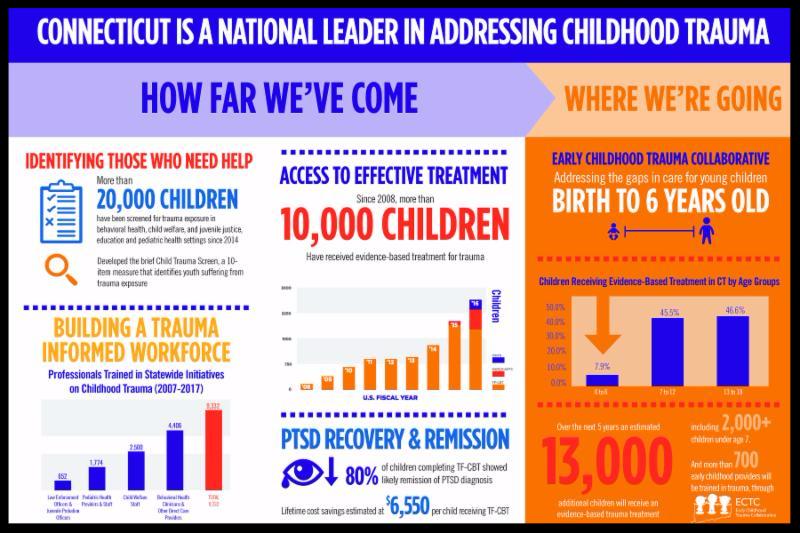 The main thing after the operation is to observe a sparing regimen: extra activity is not needed, but it is not worth keeping the child in bed for a long time. Due to the movement, the flow of air into the lungs increases, blood circulation improves. That is why exercise therapy and massage become an important part of recovery after surgery. In addition, they strengthen the muscles and help the baby quickly gain strength. nine0003
The main thing after the operation is to observe a sparing regimen: extra activity is not needed, but it is not worth keeping the child in bed for a long time. Due to the movement, the flow of air into the lungs increases, blood circulation improves. That is why exercise therapy and massage become an important part of recovery after surgery. In addition, they strengthen the muscles and help the baby quickly gain strength. nine0003
After operations related to diseases of the ear, throat, nose and respiratory organs, it is important to restore the working qualities of the tissue that lines the respiratory tract and removes dust and microbes - the ciliated epithelium. For this, procedures in a salt cave, aromaphytotherapy, aeroionotherapy are suitable. When the baby gets stronger after the operation, doctors can send him to a sanatorium in order to properly treat and prevent complications.
Rest and treatment
In children's sanatoriums, children are helped to recover by a special climate, air, nature, diet, daily routine.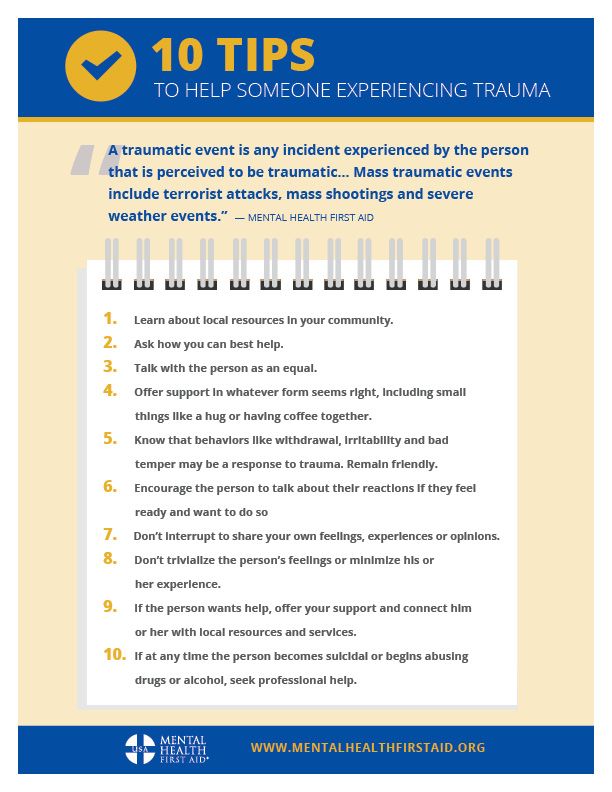 In Russia, there is a whole network of state sanatoriums subordinate to the Ministry of Health and Social Development. Each of them has its own profile: diseases of the lungs, heart, nervous system and others. nine0003
In Russia, there is a whole network of state sanatoriums subordinate to the Ministry of Health and Social Development. Each of them has its own profile: diseases of the lungs, heart, nervous system and others. nine0003
Rehabilitation treatment increases the ability of the baby's body to resist external onslaughts: infections, stress, harmful radiation.
Of course, in order to bask in the sun or get some fresh air, it is not necessary to go to a sanatorium: you can go to a rest house or hotel in a suitable resort - often this is enough. But only in sanatoriums the kids are under the supervision of doctors all the time, only there the procedures are combined with the right diet and regimen.
Stay and treatment in state sanatoriums is free, both for the child and for the accompanying adult. Children who have been treated for injuries, operations and diseases in city and regional hospitals and treatment centers subordinate to the Ministry of Health and Social Development of the Russian Federation and the Russian Academy of Medical Sciences can receive a budget ticket.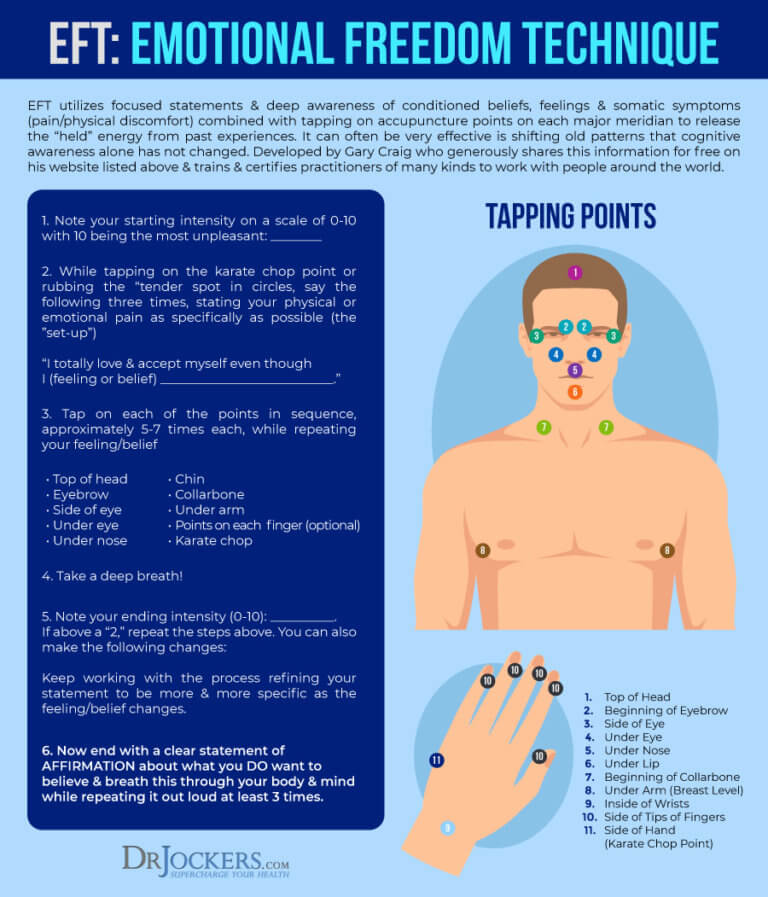 From there, the child will be sent to a special commission for sanatorium selection; its members will have to decide whether to give the child a free ticket and where exactly. In Moscow, such commissions work in the Center for Restorative Treatment of Children and Family Rehabilitation of the Scientific Center for Children's Health of the Russian Academy of Medical Sciences, the Moscow Research Institute of Pediatrics and Pediatric Surgery, and the Russian Children's Clinical Hospital. And, of course, all parents who would like to treat their child in a sanatorium can send him there at their own expense. nine0003
From there, the child will be sent to a special commission for sanatorium selection; its members will have to decide whether to give the child a free ticket and where exactly. In Moscow, such commissions work in the Center for Restorative Treatment of Children and Family Rehabilitation of the Scientific Center for Children's Health of the Russian Academy of Medical Sciences, the Moscow Research Institute of Pediatrics and Pediatric Surgery, and the Russian Children's Clinical Hospital. And, of course, all parents who would like to treat their child in a sanatorium can send him there at their own expense. nine0003
In any case, it is up to the doctor to decide where to go for the baby. After all, it is important to take into account many conditions: the health characteristics of a small patient (for example, concomitant diseases), the conditions of a trip to a resort (a long-distance move can negate the effect of treatment), climate and nature features (change of cold and heat can be difficult for children) and so on.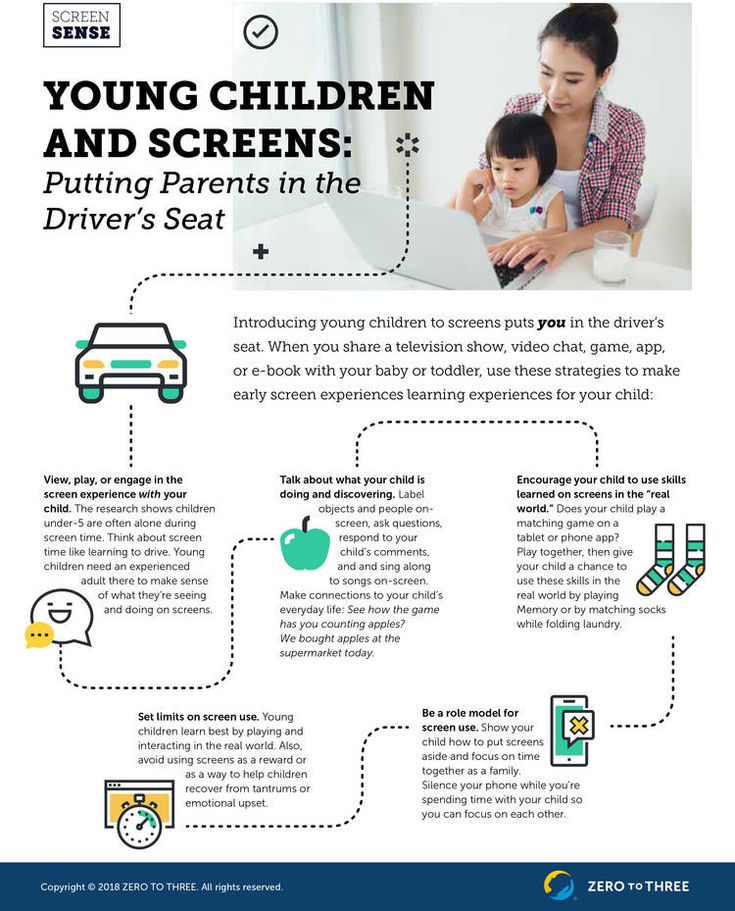 Before the trip, you need to get a sanatorium-resort card from the doctor, where data about the baby’s illness is entered - it will help specialists in the sanatorium choose the necessary procedures for him. nine0003
Before the trip, you need to get a sanatorium-resort card from the doctor, where data about the baby’s illness is entered - it will help specialists in the sanatorium choose the necessary procedures for him. nine0003
More useful materials for expectant mothers - in our channel on Yandex.Zen.
Lyubov Prishlaya
How to help a child survive traumatic events?
In an environment where the amount of information about violence and aggression is increasing, an atmosphere of distrust and anger is growing in society. Therefore, parents should pay extra attention to children whose not fully formed psyche is especially sensitive to information impact. Moreover, the emotionally unstable state of parents, the inability to predict their future, direct or indirect contact with situations of violence negatively affects the psycho-emotional state of the child.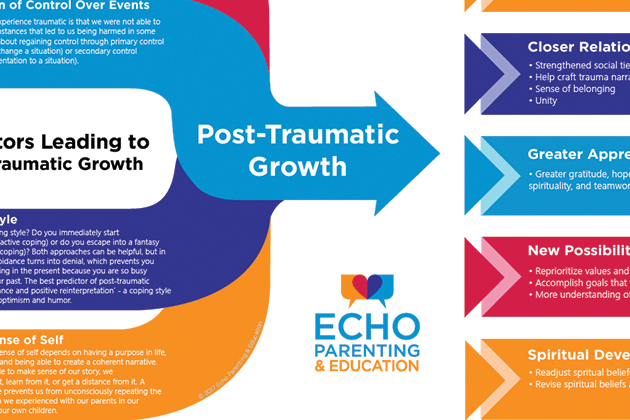 nine0003
nine0003
The consequences of this may be different: manifestation of fear, nightmares, regressive behavior (for example, a child who has been going to the toilet for a long time, may wet the bed), frequent manifestations of aggression. A child's response to a traumatic event depends on the age, nature, severity and proximity of the traumatic event to the child, and the level of support received from family members and friends.
Parental support during and after trauma is the main factor in its successful overcoming. Most children come to their senses after a traumatic event without the help of psychologists, only with the support of loved ones. nine0003
Here are some tips to help you avoid or overcome a crisis:
- Watch your own reaction to what is happening. It is important that you remain emotionally stable. You may want to share your thoughts and feelings with friends or family members in order to “live through” the emotions that are bothering you.
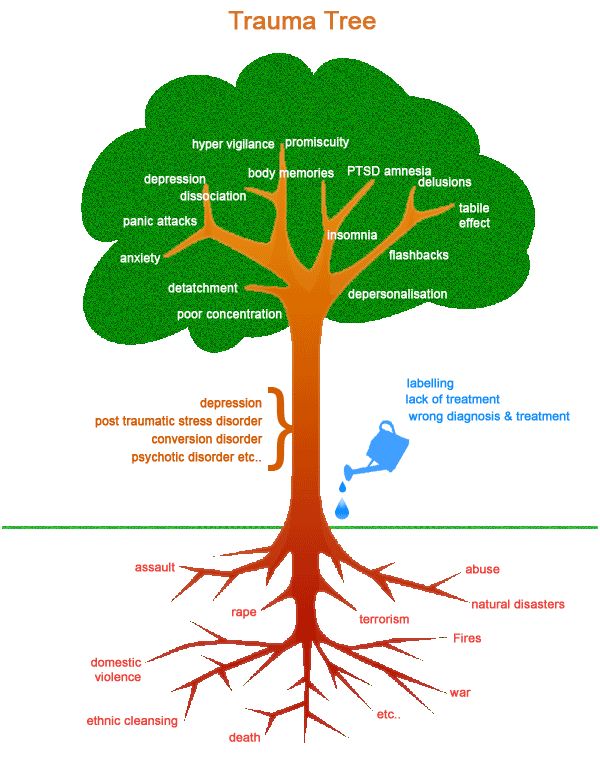 If an adult manages to be emotionally stable, then the child remains calm.
If an adult manages to be emotionally stable, then the child remains calm. - Give your child extra attention. Spend time together. It is important for children to interact with adults. Sensitivity and attention on your part will allow the child to express his thoughts and feel secure. nine0116
- Be understanding. If the child wants to talk about what happened and how they feel with you, encourage him/her to talk. Explain that feelings such as fear, anger, and guilt are normal reactions to "abnormal" events. If the child does not want to communicate - do not insist.
- Select information and explain what is happening. Protect your child from viewing photos and live coverage of dramatic events. Such views can cause nightmares or heavy and disturbing thoughts. nine0116
- Speak to your child in a language he/she understands, appropriate for age and developmental level. Too much information will confuse young children and cause them new fears and insecurity. On the other hand, additional information will help the older child to correctly understand what is really happening.

- Maintain a normal daily routine. This has a convincing effect on the child and is a guarantee of stability and security for him/her. The child knows what awaits him/her and this gives him/her confidence. nine0116
- Watch for signs of stress. A child after a traumatic event may reenact the situation that happened to him/her, or complain of nightmares or "bad" dreams. These patterns of behavior immediately after trauma are normal and help the child cope with it. However, if a month later they did not disappear, but intensified, seek professional help from a psychologist.
For emergency psychological help for children, adolescents and their parents, please contact:
- To the Children's telephone line 8-801-100-16-11. Help is provided free of charge, around the clock and anonymously.
- To Teen Friendly Centers. Open in every district of Minsk, in the regional and district centers of Belarus.
- Republican Center for Psychological Assistance +375 (17) 300-1006
This material has been prepared as part of the Safe and Supportive Environment in Schools project implemented by UNICEF in Belarus with financial support from the Ministry of Foreign Affairs of the Republic of Poland.
